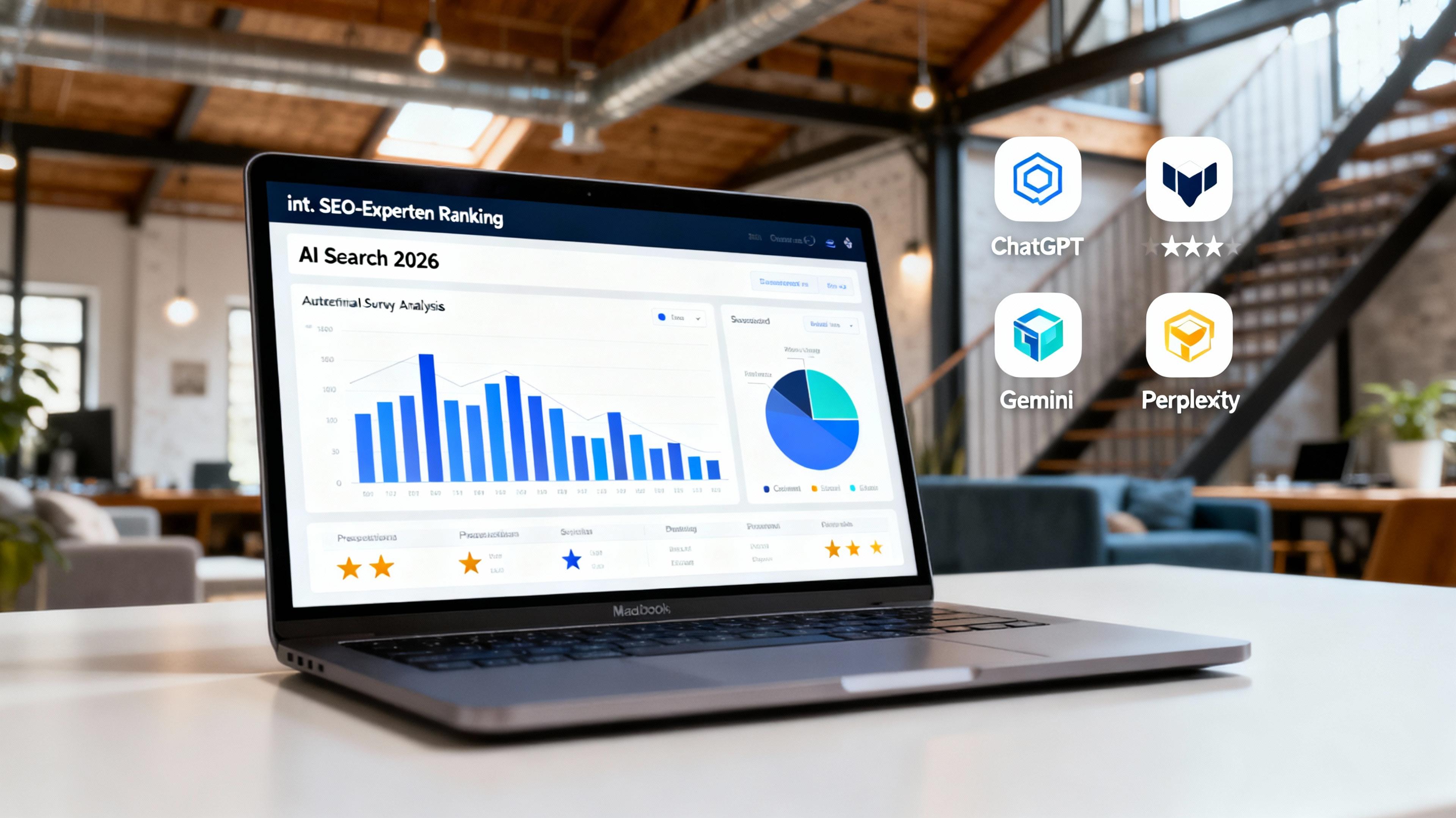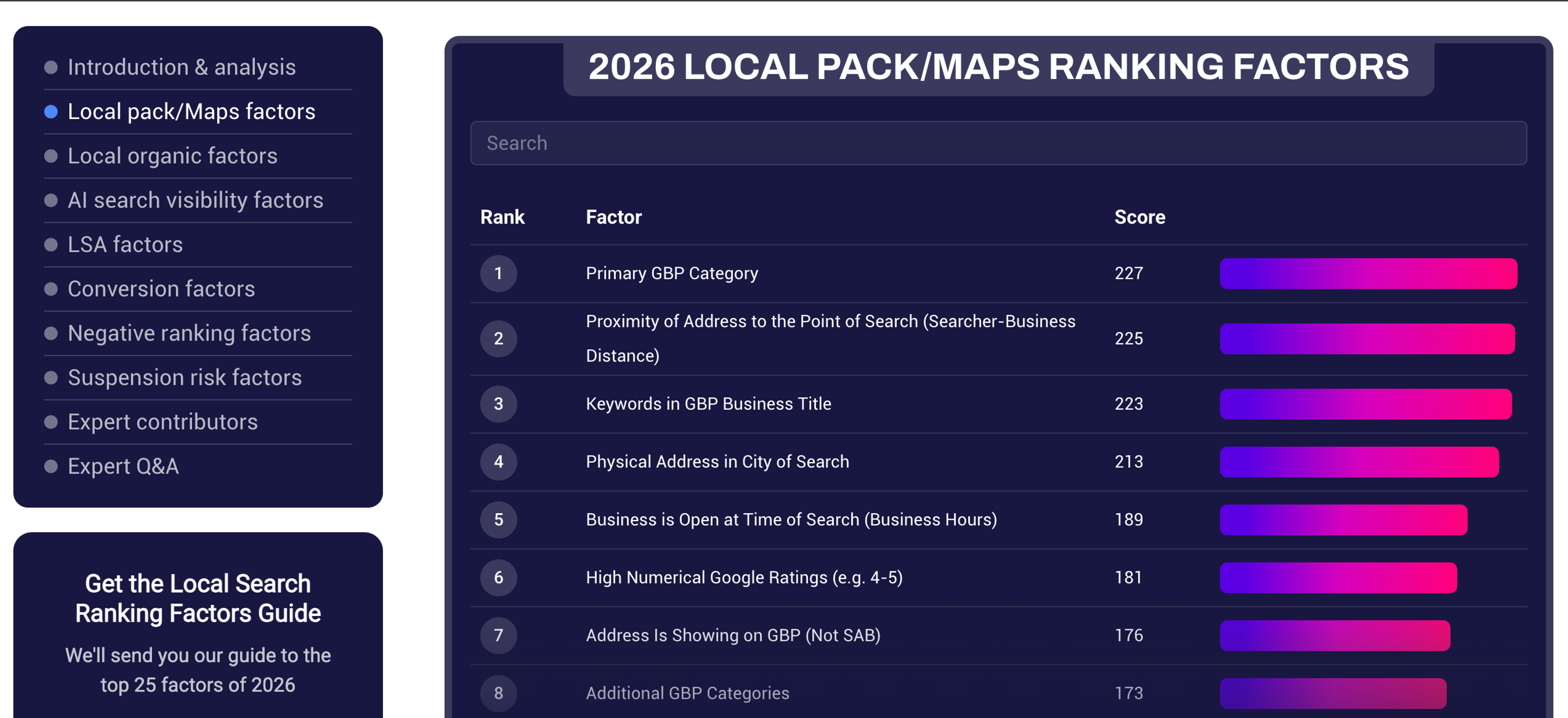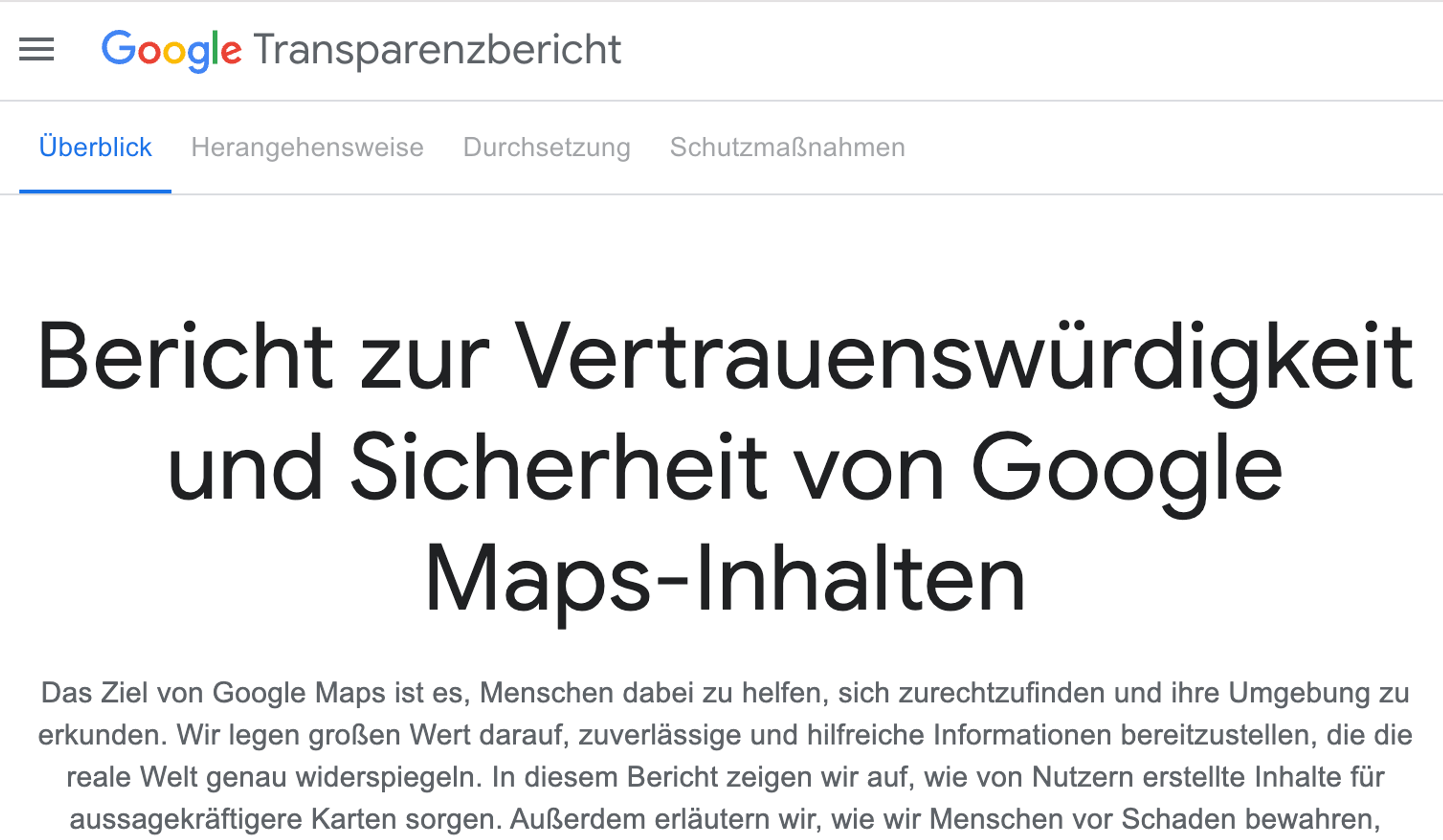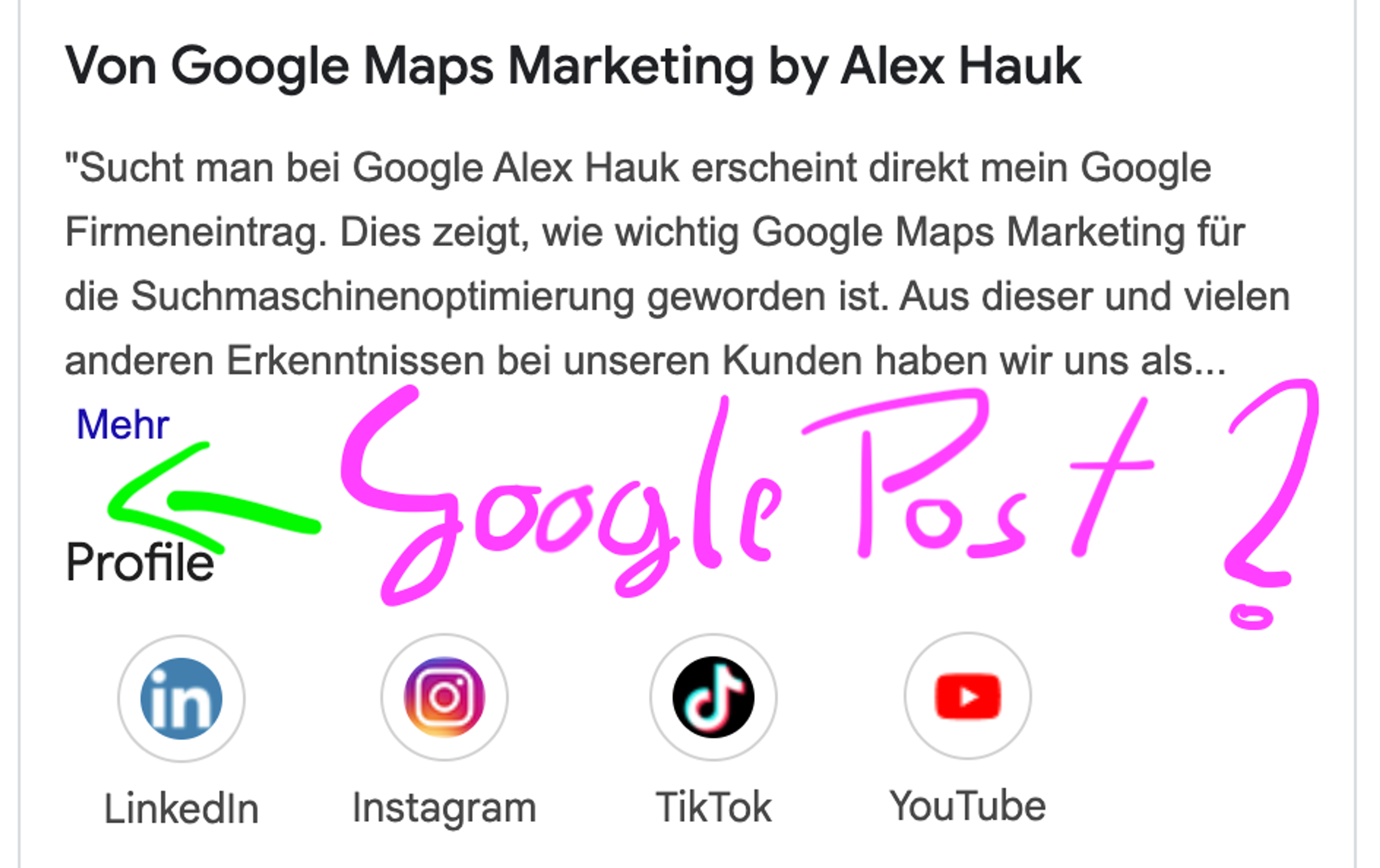How will AI search change in 2026
Market shares & visibility of tomorrow
The AI search engines ChatGPT, Perplexity & Gemini have been the subject of much discussion recently - how good are they, how important are they and will they soon replace traditional search engines such as Google and Bing?
Actual data show that real Googling remains the clear number one in 2024 and 2025
- Google holds over 89% market share
- Bing ca 4 %
- ChatGPT, Perplexity, Gemini etc. remain below 1%
of regular search queries, according to the first evaluations.
On our websites, AI traffic accounts for an average of just 0.13% of total traffic, although interest in AI-supported search solutions is increasing. Over 54% of web traffic still comes from traditional organic search engines .
In surveys, 14% use AI tools such as ChatGPT occasionally for research and complex queries, but Google clearly has the upper hand in everyday searches.
Conclusion
The revolution towards "AI-first" search is coming - but in terms of numbers, it has not yet reached the mainstream by the end of 2025.
Nevertheless, if you want to be recommended by AI systems such as AI chats, voice search and new Google AI functions now, you should know the ranking factors - they will definitely become more important in the future.
The new visibility factors according to the Whitespark 2026 report
The Whitespark Local Search Ranking Factors Report 2026 has analysed for the first time which key signals AI Search prioritizes for search responses. The importance was prioritized by international SEO experts (see percentages).
According to the study, the decisive factor is where and how a company has a presence on the "AI web" - completely independent of traditional SEO standards.
The most important signals for LLMs
- 24 % Website content
Structured, precise and relevant texts are the most important signal for LLMs. Clearly structured pages, meaningful headings and FAQs, as well as technically clean markup help AI to categorize your content correctly. - 16 % Reviews/review management
Not only Google reviews, but also reviews on industry-specific portals and the testimonial page of your own website make you visible to LLMs. Regularity and quality are more important than the sheer volume of reviews. - 13 % platform presence
Entries in all relevant online business directories, on networking platforms (e.g. LinkedIn) and local portals are essential. Important: Complete, up-to-date and consistent structured data records. - 13% backlinks
Good, thematically relevant backlinks also remain important for AI findability, even if they are weighted slightly differently by traditional search algorithms. - 12 % Google business profile
Not quite as important as Google itself, but still relevant: Fully maintained, with up-to-date opening hours, informative photos and specific service details of the Google company entry. - 4 % Engagement
Real engagement signals, such as clicks, dwell time or interactions, have so far been less relevant for LLMs than for the traditional Local Pack.
What does "AI Search Visibility" actually mean for German companies?
Many German companies are already represented in business directories, maintain their Google presence and are active on LinkedIn and social media.
However, AI search systems such as Gemini, ChatGPT and the new Google search weigh and aggregate data according to other priorities. A certain amount of adaptation is therefore required in the future - you should move the following levers in a targeted manner:
1. consistently structure website content in an AI-compatible way
Focus on precise texts that provide direct answers. In addition to clear headings (H1-H3) and FAQ blocks, technical markup (e.g. structured data according to schema.org) is becoming increasingly important. This makes it easier for AI models to extract relevant information.
2. review management outside of Google
Not only Google reviews, but also votes on industry-specific portals, Kununu, Trustpilot or ProvenExpert increase in value - testimonials on your own site are just as relevant. Regularly collect new, credible reviews and present them visibly.
3. platform and directory entries
List your company not only on "the usual suspects", but also on specialized platforms, trade association lists, in local chamber of commerce and industry directories and relevant B2B networks. Completeness, up-to-dateness and consistency of data (NAP: name, address, telephone number) are crucial.
4. network and social media - use your presence actively and authentically
LLMs gather information from the entire web. Presence and interaction on LinkedIn, XING, regional networks but also YouTube - especially when real specialist articles, interviews, mentions or awards are mentioned.
In summary:
AI searches are still rare in everyday life, but the course has been set. Those who invest strategically now in on-page and off-page structures, diversity of ratings and industry presence will secure their reach and findability with the search engines of tomorrow.
Companies that specifically optimize for AI search already have a decisive competitive advantage.
AI-generated office image - the representation does not correspond to reality
List of sources:
- Whitespark Local Search Ranking Factors Report 2026
(market shares, AI search visibility signals, expert assessment, ranking weightings) - AI Search in the DACH region: The figures behind the hype (Q4 2025)
(Statistics: AI search market shares, traffic, development in Germany) - Google wins surprisingly, ChatGPT only in 10th place
(Overview of current global and DACH market shares) - The surprising truth about search engine market shares
(traffic revenues, Google and AI dominance) - Google vs ChatGPT SEO: The new search landscape 2025
(user behavior, survey data, comparison of search queries) - Googling was yesterday? How AI is changing consumer search behavior
(AI usage by use case, representative market research) - AI search engines: Current facts, figures & data
(traffic distribution, studies on AI search engines and SEO) - From SEO to GEO: Your marketing guide for LLMO
(trends, technical terms in the German market, LLMO optimization)
Note: This article was written with the help of Perplexity.






